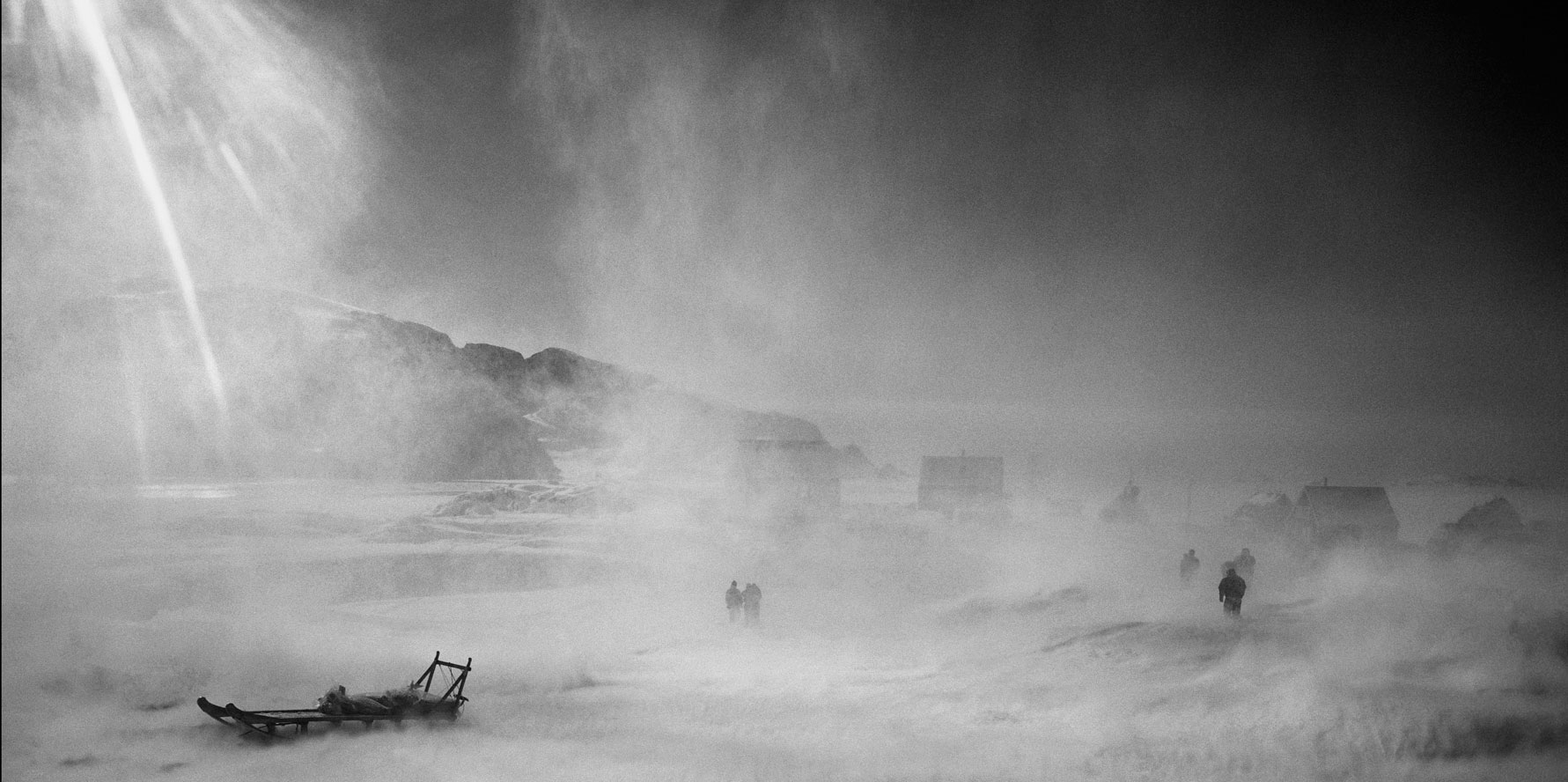My rating: 4/5
Book review:
You will be lost, you are not going home, you are gone, silence will claim you, suck your life down into its black waters and churn out stars that might remember you, but if they do they will not say, they will not say, and if no one will say your name you are forgotten. I am forgotten.
You are not forgotten, Agnes Magnúsdóttir. Centuries apart, a woman from the other end of the world was spellbound by your story; after long years of research, she crafted a novel abounding in historical details, completing the missing pieces with her own imagination. You are brought to life again, mysterious being with dark hair and strange blue eyes, barely known by her peers; you are given a voice to speak for yourself in words of poetry.
My rating: 5/5
Book review:
What does it mean being independent? Stop for a moment and think: do you consider yourself an independent person? I've never asked myself this question seriously before reading this novel, although I've always tried to preserve my freedom by sticking to a few personal guidelines: I avoid becoming a working slave; I can't keep my mouth shut when I observe injustice or stupidity; I can't keep my head down to gain favors; I can't stand being tied to a person just out of politeness.
My rating: 5/5
Book review:
The fish can sing just like a bird,
And grazes on the moorland scree,
While cattle in a lowing herd
Roam the rolling sea.
Starting from this Icelandic paradox put in verse, Halldór Laxness weaves an enchanting tale on the outskirts of Reykjavík, in a time when the price of a Bible was equal to that of a heifer and people still tried to cure headaches by smearing their faces with warm cow-dung. Some say that The Fish Can Sing is a coming-of-age novel, but I don't really see it that way; it is more the diary of a place, Brekkukot, and the portrait of a generation long gone, in a time when Reykjavík was just a bunch of houses inhabited by farmers and fishermen.
My rating: 5 out of 5
Book review:
Here's an Icelandic writer of which I've heard nothing about, despite the fact that he won the Nobel prize for literature. I found the book by chance, the synopsis sounded interesting enough, so I began reading and... helplessly fell in love with the novel.
This is Halldór Laxness' only book translated into Romanian, but I'm anxious to read some of his other works, especially Independent People.
Under the Glacier is truly an amazing book, which made me laugh (or at least giggle), think and wonder. It is a delightful blend of fantasy and reality which immerses the reader in a mysterious, yet earthly dimension. Even now, when I think of it, the magical world of the parish by the glacier is still vivid in my mind and prolongs its fascination upon me.

The way the dialogues are presented is a little bit strange: instead of the usual lines, there are the names of the interlocutors. It was a bit distressing at first, but this annoying fact was gradually forgotten since the dialogue became absurd anyway, yet so savory and funny that I could no longer find it the least fault.
The writing is full of humor (I found myself laughing many times) and the absurd situations that emerge are extremely delicious. The blending of reality with fantasy is in the perfect dose for me - at the end I was left in a state of reverie, wondering how much of what had happened was real. Some facts are confirmed, others are left unexplained, but this doesn't diminish the magic atmosphere of this forgotten place at the end of the world, governed by the glacier and the sea birds and populated by a bunch of more or less bizarre people.
 Iceland through the lens of photographer Ragnar Axelsson
Iceland through the lens of photographer Ragnar Axelsson
 The old man may well be the priest from the parish near the glacier (photographer: Ragnar Axelsson)
The old man may well be the priest from the parish near the glacier (photographer: Ragnar Axelsson)
Scroll To Top



















